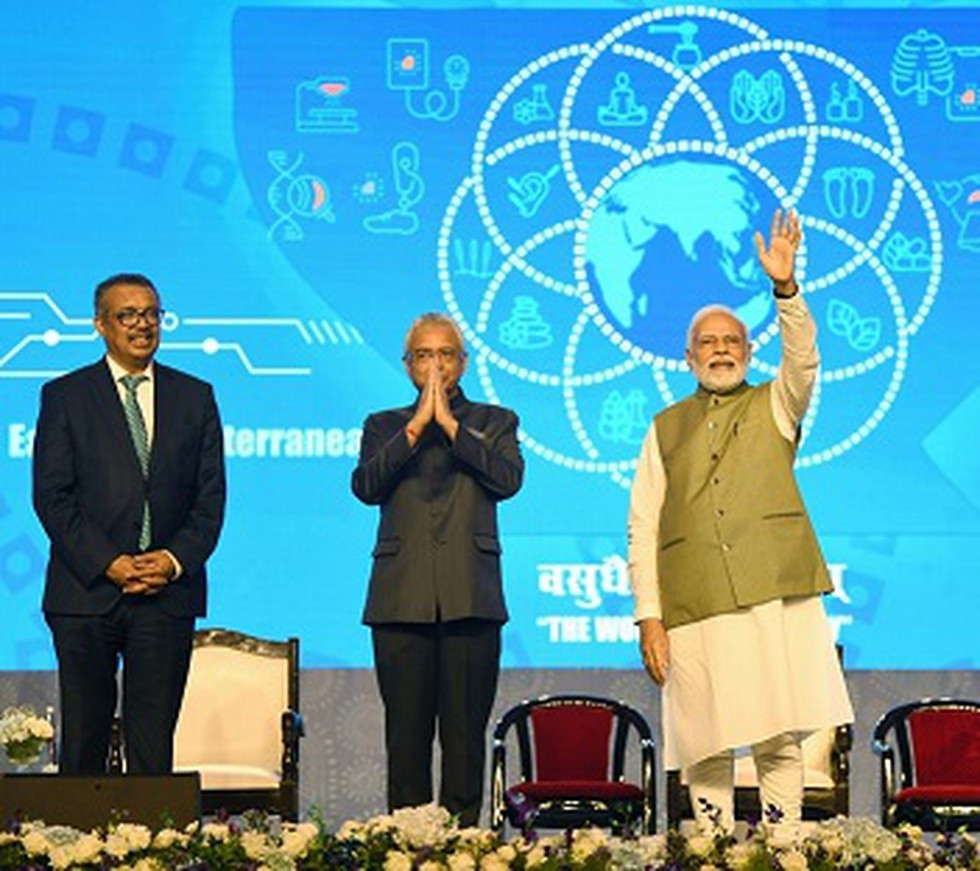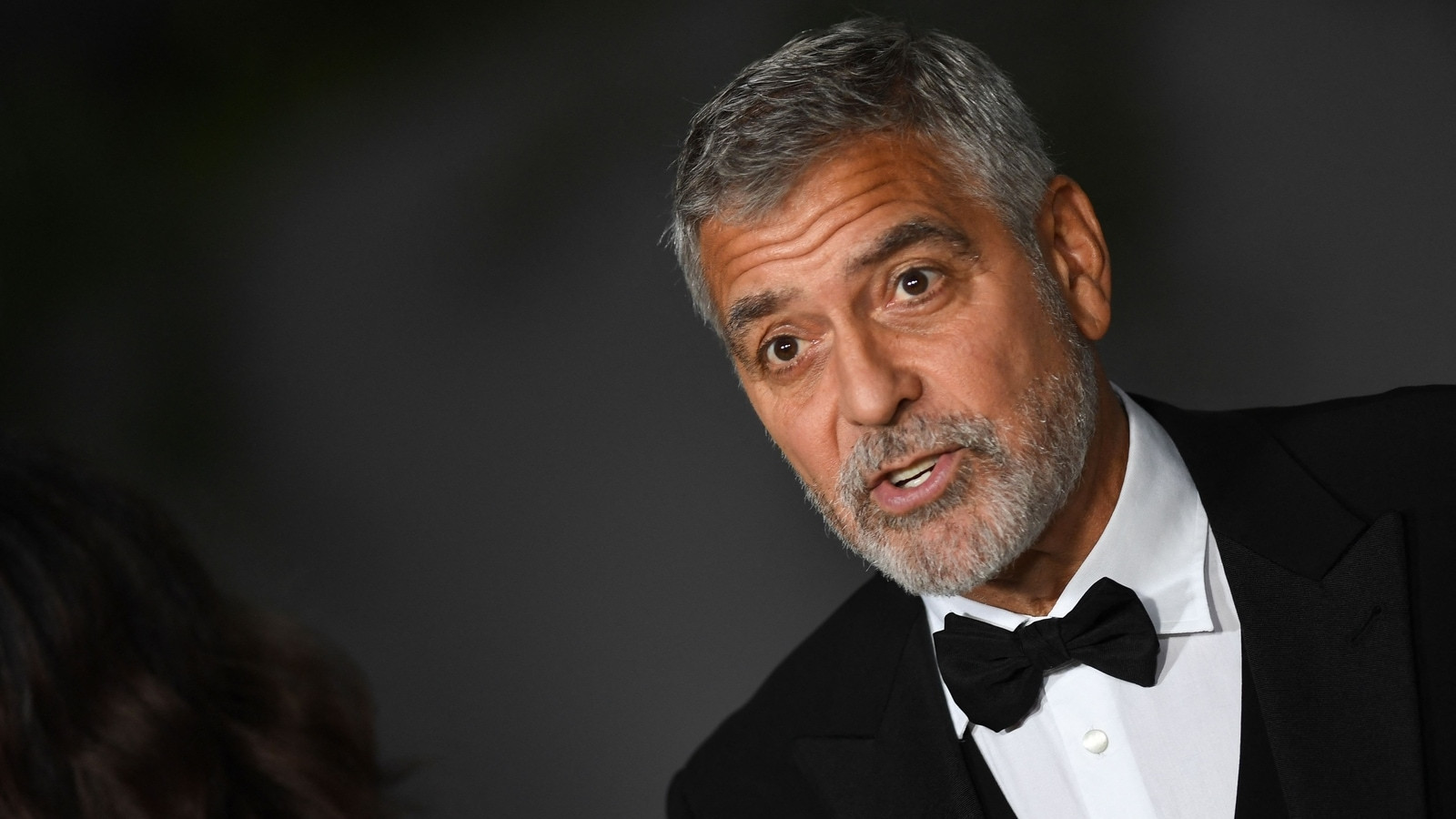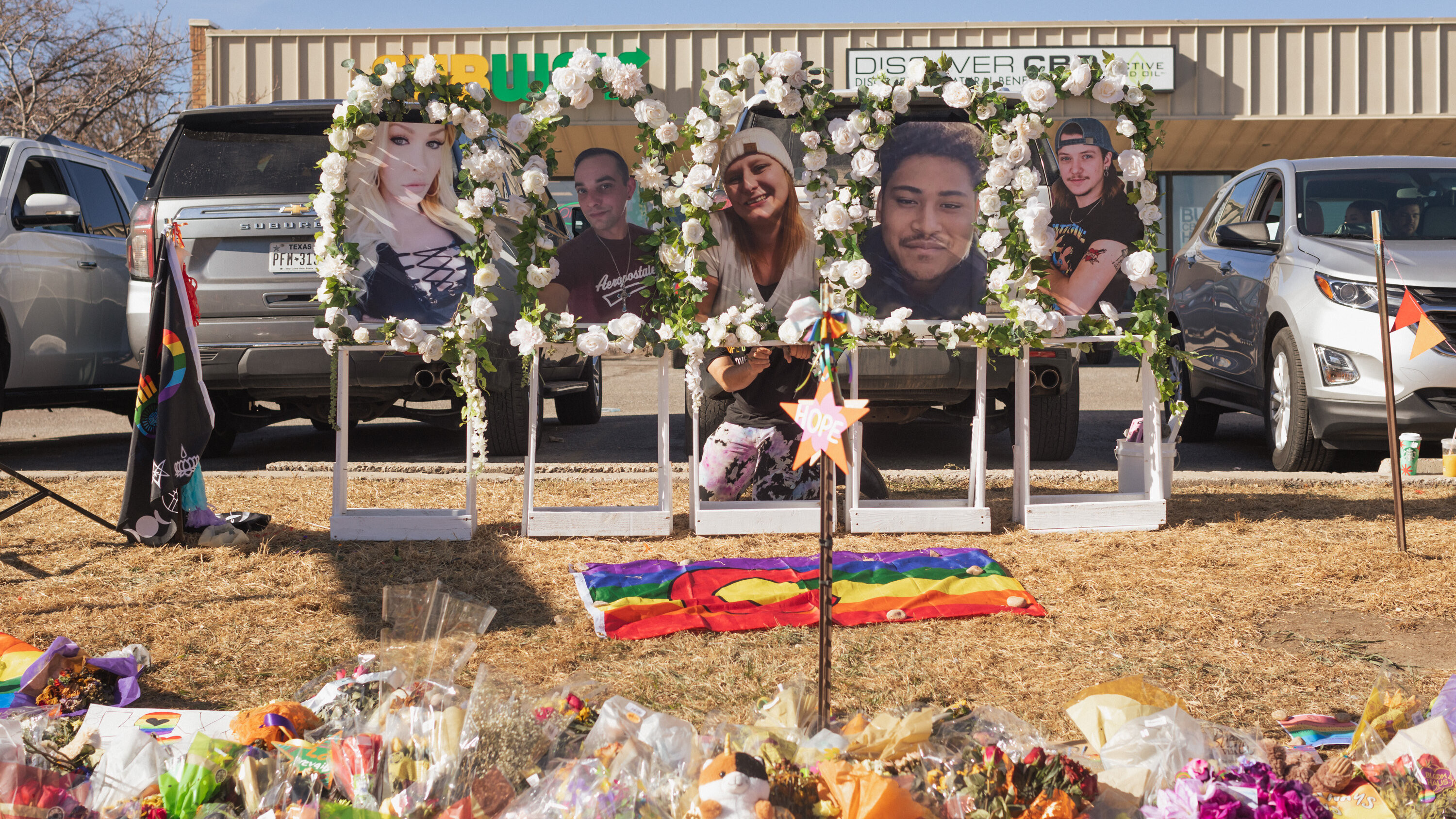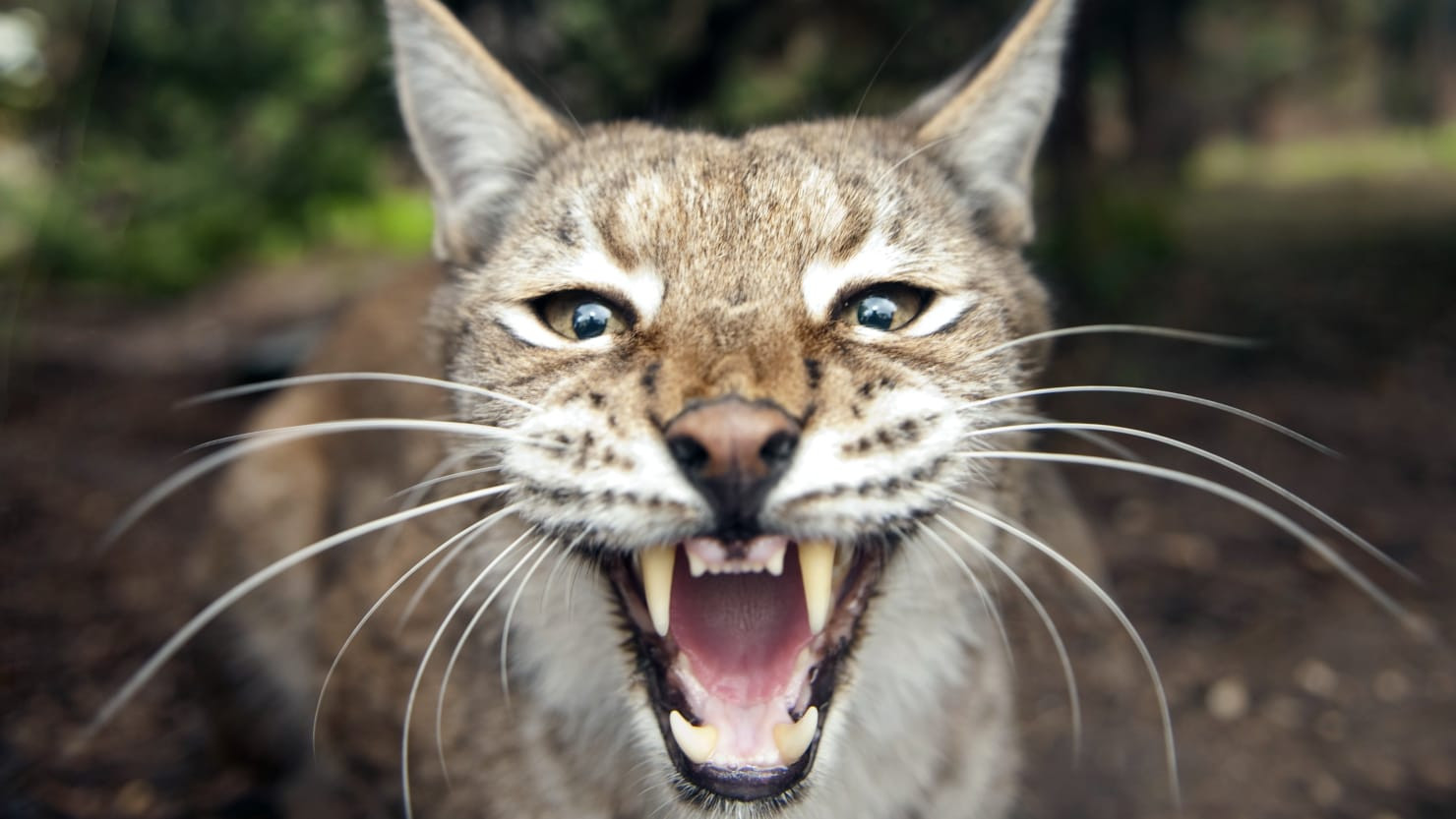India has pledged USD 85 million to the World Health Organization (WHO) to bolster the Global Centre for Traditional Medicine. This substantial commitment aims to enhance the development, research, and integration of traditional medicine practices on a global scale.
The WHO’s Global Centre for Traditional Medicine, established to promote the advancement and regulation of traditional medicine, plays a crucial role in setting standards and facilitating international cooperation in this field. The center focuses on integrating traditional medicine into national healthcare systems, ensuring its effectiveness and safety through rigorous research and policy development. India’s significant financial contribution highlights its commitment to preserving and advancing its rich heritage of traditional medicine, which includes practices such as Ayurveda, Yoga, and Siddha.
Global Collaboration and Innovation in Traditional Medicine
By supporting the WHO’s center, India aims to foster global collaboration and innovation in traditional medicine, bridging the gap between ancient practices and modern healthcare. This funding will support various initiatives under the WHO’s center, including research projects, capacity building, and the establishment of best practices in traditional medicine.
The Global Centre for Traditional Medicine: A Hub for Knowledge and Innovation
The Global Centre for Traditional Medicine is a key knowledge hub for evidence-based Traditional Complementary and Integrative Medicine (TCIM), aiming to advance the health and well-being of people and the planet. It focuses on five inter-connected areas of work:
- Research and evidence
- Primary health care and universal health coverage
- Indigenous Knowledges and biodiversity
- Digital health applications
- The biennial WHO Global Traditional Medicine Summit and collaborations
The centre, located in Jamnagar, Gujarat, India, is the first and only global out-posted centre for traditional medicine, serving as a platform for international collaboration and knowledge exchange. It aims to strengthen the evidence base for traditional medicine through a cross-sectoral program, gathering data and evidence on traditional medicine policies, practice, products, and public use.
A Commitment to Achieving Health for All
India’s commitment to supporting the WHO Global Traditional Medicine Centre demonstrates its dedication to achieving health for all. The integration of traditional practice and knowledge is considered crucial for reaching those most often left behind in healthcare access.
India’s Long-Standing Partnership with WHO
India’s support for traditional medicine has been expressed through a variety of long-standing partnerships with WHO. In 2023, India signed a five-year agreement to support the technical work of WHO’s Traditional, Complementary and Integrative Medicine (TCI) unit. The unit is supporting the development of the Member State-requested new WHO traditional medicine global strategy (2025 - 2034), and publishes key benchmark documents, standardized terminologies, and other evidence-informed technical products to support the safe and effective integration of traditional medicine in national health systems.
The Future of Traditional Medicine
The WHO Global Traditional Medicine Centre and TCI collaborate closely with teams across WHO to advance WHO’s multisectoral agenda on traditional medicine. This includes regular meetings of the WHO Technical Expert Network, coordinated by the WHO Global Traditional Medicine Centre and TCI, to promote a One WHO approach on traditional medicine across headquarters, regional and country office.
The next WHO Global Summit is planned for November 2025, following up on the anticipated launch of the 2025–2034 Global Strategy for Traditional Medicine at the 78th World Health Assembly in May 2025. India’s commitment to the WHO’s Global Traditional Medicine Centre signifies a significant step towards the integration and advancement of traditional medicine into modern healthcare systems. The center will play a crucial role in promoting global collaboration, ensuring the safety and efficacy of traditional medicine practices, and ultimately improving health and well-being for all.

















